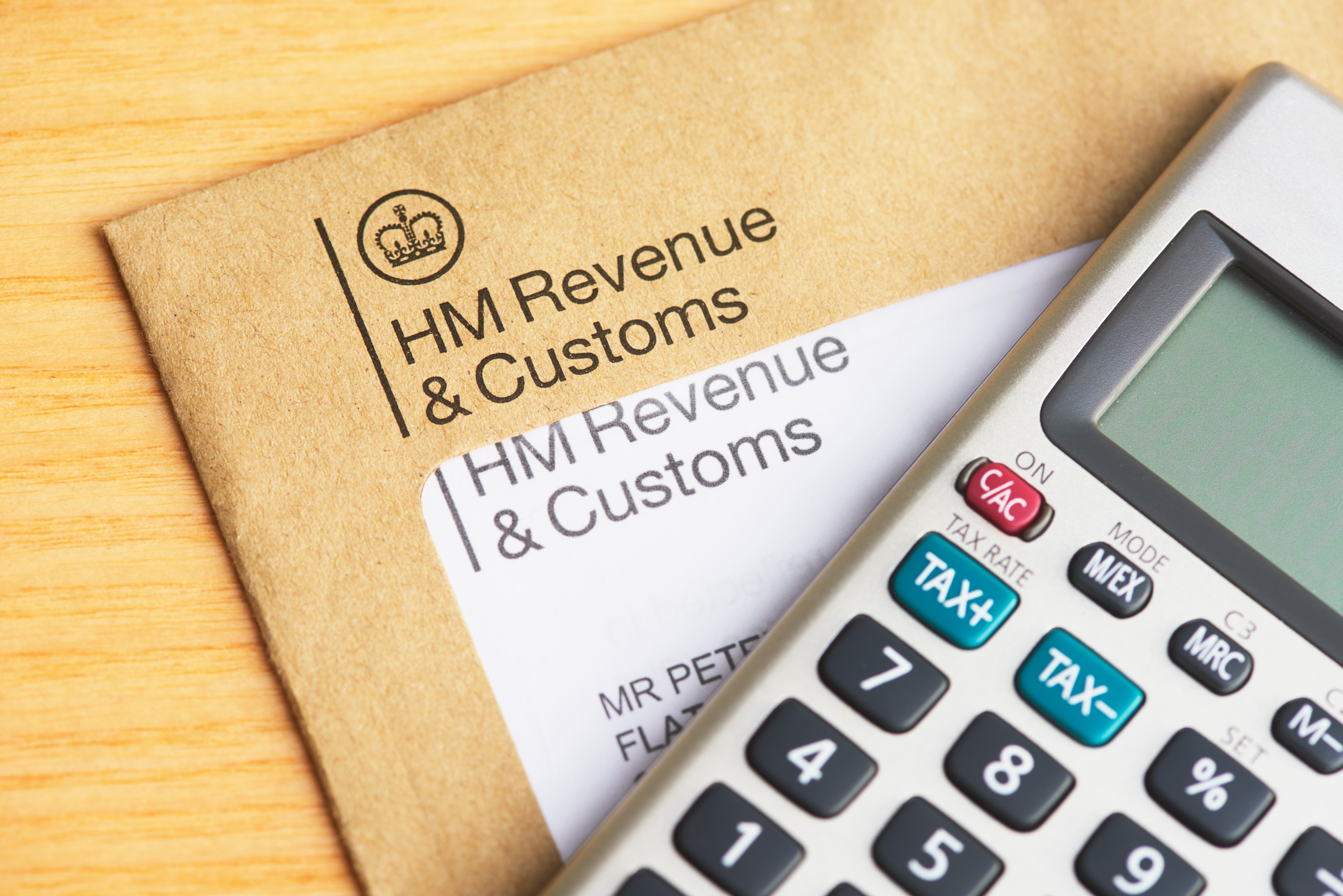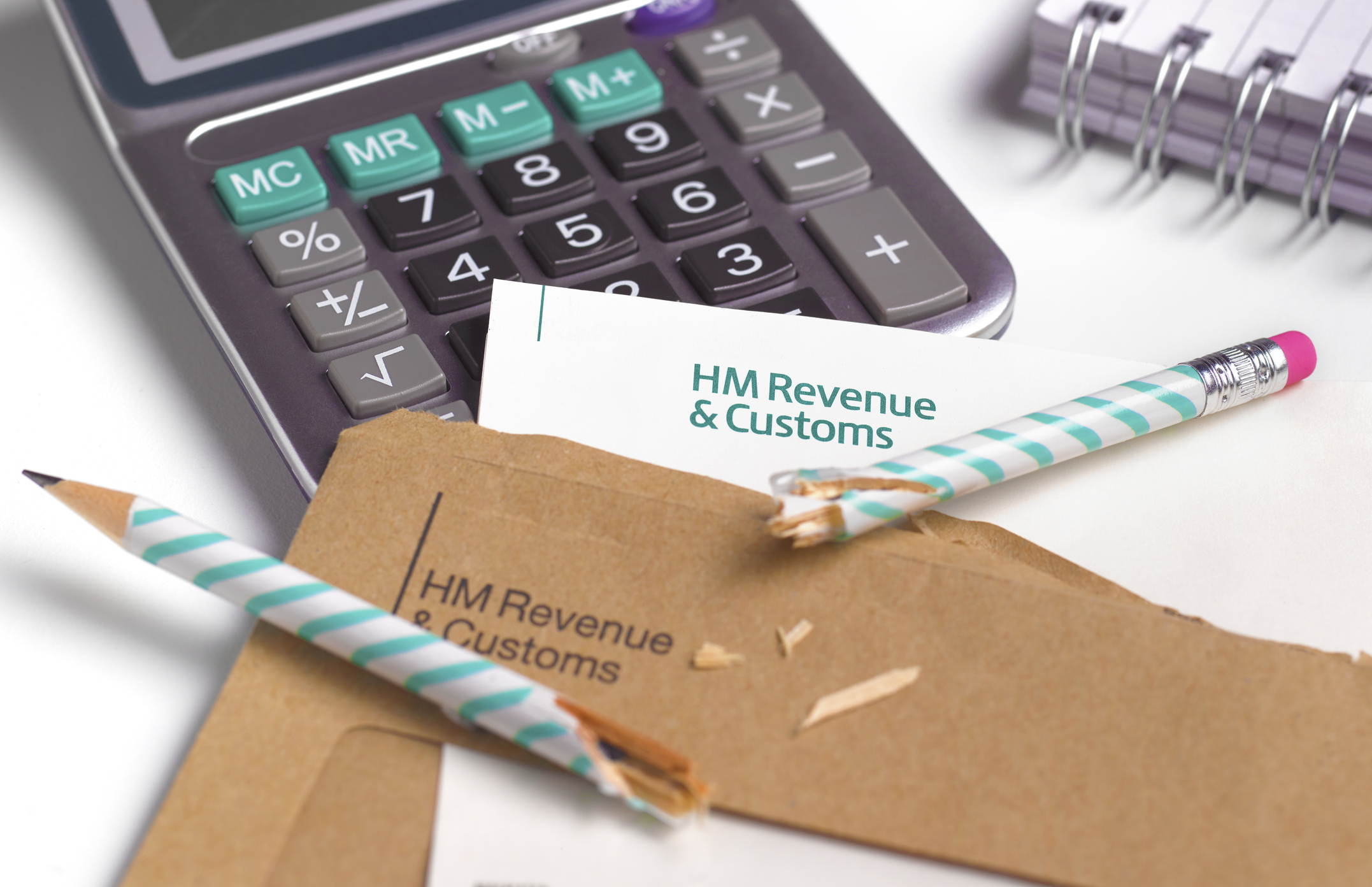Inheriting pensions: government proposes new pensions ‘death tax’ ‒ what it means for you
Government accused of sneaking significant changes to the way inherited pensions are taxed ‘through the back door’. We explain what it means for you


Get the latest financial news, insights and expert analysis from our award-winning MoneyWeek team, to help you understand what really matters when it comes to your finances.
You are now subscribed
Your newsletter sign-up was successful
Want to add more newsletters?

Twice daily
MoneyWeek
Get the latest financial news, insights and expert analysis from our award-winning MoneyWeek team, to help you understand what really matters when it comes to your finances.

Four times a week
Look After My Bills
Sign up to our free money-saving newsletter, filled with the latest news and expert advice to help you find the best tips and deals for managing your bills. Start saving today!
A new pensions ‘death tax’, covering the treatment of inherited pensions by HM Revenue & Customs (HMRC), appears to be on the way.
Documents published by the government this week about the abolition of the lifetime allowance include a proposed change which has not previously been discussed publicly by ministers.
It has led to uproar among pensions experts, who have accused the government of trying to sneak the taxation change ‒ which would impact thousands of people ‒ through the ‘back door’ without proper scrutiny or debate.
MoneyWeek
Subscribe to MoneyWeek today and get your first six magazine issues absolutely FREE

Sign up to Money Morning
Don't miss the latest investment and personal finances news, market analysis, plus money-saving tips with our free twice-daily newsletter
Don't miss the latest investment and personal finances news, market analysis, plus money-saving tips with our free twice-daily newsletter
Inheriting pensions: what is changing?
The issue is around inheriting a pension from a loved one who passes away before they reach the age of 75.
Under the current setup, the beneficiaries are able to inherit pensions paid as an income when the saver dies before 75 without having to pay any income tax or inheritance tax. If the saver dies after reaching 75 then the inherited pension is taxed in the same way as income.
This arrangement appears to be changing though, as part of the government’s move to ditch the lifetime allowance, as announced at the Budget earlier this year.
In the policy documents for the removal of the lifetime allowance, the government also sets out the change to how inherited pensions will be taxed when taken as income rather than as a lump sum.
The document states: “Individuals will still be able to receive the benefits .. but the values will no longer be excluded from marginal rate income tax under [the Income Tax (Earnings and Pensions) Act 2003], with effect from 6 April 2024.”
This would mean that the only way to avoid tax would be to take the inherited pension as a lump sum, leaving the beneficiary to decide how to invest and manage this money over time.
Government must clarify ‘death tax’ plans
The move was described as “creating a new pension ‘death tax’ where someone dies before age 75” by Tom Selby, head of retirement policy at AJ Bell.
He said that doing so makes “little sense” and may push more beneficiaries to take a lump sum, when instead an income from the inherited pension would better suit their needs.
“Or encouraging the member to take their pension benefits earlier than planned to avoid their loved ones paying income tax. It also risks causing a political firestorm for the government and undoes much of the simplification benefits associated with ditching the lifetime allowance,” he continued.
Selby also emphasised that this new ‘death tax’ is not specified in the draft legislation which has been tabled, and called for the government to clarify what is going on urgently.
This was echoed by Steve Webb, the former pensions minister and director of pension consultancy LCP, who argued it would be “totally unacceptable” for such a change to be made ‘“through the back door” rather than announced publicly.
He continued: “For the last eight years, people have known that if a loved one died under the age of 75, they could inherit an untouched pension pot free of all tax. The money could sit in a drawdown account, being invested and growing, and would be a source of tax-free income whenever needed. This tax advantage risks being abolished by next April if these new proposals are implemented.”
Removing disincentives
The government has not commented directly on the proposed change.
A spokesperson for HMRC told Moneyweek that it wanted to keep “15,000 experienced people in work” and that the lifetime allowance had been “disincentivising them from working”.
They continued: “We look forward to working with stakeholders over the coming weeks to help us craft the legislation which will ensure that our historical pensions tax cut delivers the right results for savers and the economy.”
Join us at the MoneyWeek Summit on 29.09.2023 at etc.venues St Paul's, London.
Tickets are on sale at www.moneyweeksummit.com
MoneyWeek subscribers receive a 25% discount.
Get the latest financial news, insights and expert analysis from our award-winning MoneyWeek team, to help you understand what really matters when it comes to your finances.
John Fitzsimons has been writing about finance since 2007, and is a former editor of Mortgage Solutions and loveMONEY. Since going freelance in 2016 he has written for publications including The Sunday Times, The Mirror, The Sun, The Daily Mail and Forbes, and is committed to helping readers make more informed decisions about their money.
-
 Should you buy an active ETF?
Should you buy an active ETF?ETFs are often mischaracterised as passive products, but they can be a convenient way to add active management to your portfolio
-
 Power up your pension before 5 April – easy ways to save before the tax year end
Power up your pension before 5 April – easy ways to save before the tax year endWith the end of the tax year looming, pension savers currently have a window to review and maximise what’s going into their retirement funds – we look at how
-
 Two million taxpayers to be hit by £100k tax trap by 2026/27
Two million taxpayers to be hit by £100k tax trap by 2026/27Frozen thresholds mean more people than ever are set to pay an effective income tax rate of 60% as their earnings increase beyond £100,000. We look at why, as well as how you can avoid being caught in the trap.
-
 13 tax changes in 2026 – which taxes are going up?
13 tax changes in 2026 – which taxes are going up?As 2026 gets underway, we look at what lies ahead in terms of changes to tax rates and allowances this year and how it will affect you.
-
 How to limit how much of your Christmas bonus goes to the taxman
How to limit how much of your Christmas bonus goes to the taxmanIt's Christmas bonus season but the boosted pay packet may mean much of your hard-earned reward ends up with HMRC instead of in your pocket
-
 Over 1 million pay 45% rate of income tax as fiscal drag bites
Over 1 million pay 45% rate of income tax as fiscal drag bitesHundreds of thousands more people are being pushed into the additional rate tax band by fiscal drag
-
 'I've used my annual ISA allowance. How can I shield my savings from tax?'
'I've used my annual ISA allowance. How can I shield my savings from tax?'As millions face paying tax on savings interest, we explore how to protect your money from the taxman. If you've used up your ISA allowance, we look at the other tax-efficient options.
-
 Simple assessment explained as millions brace for unexpected tax bills
Simple assessment explained as millions brace for unexpected tax billsIncreasing numbers of people could get letters from HMRC saying they owe more tax due to frozen thresholds, under a system known as simple assessment. Here is what it means for you.
-
 What are wealth taxes and would they work in Britain?
What are wealth taxes and would they work in Britain?The Treasury is short of cash and mulling over how it can get its hands on more money to plug the gap. Could wealth taxes do the trick?
-
 When is the self-assessment tax return deadline?
When is the self-assessment tax return deadline?If you are self-employed, rent out a property or earn income from savings or investments, you may need to complete a self-assessment tax return. We run through the deadlines you need to know about
